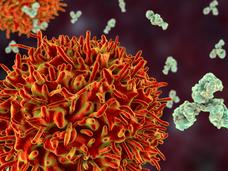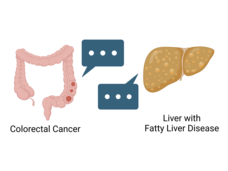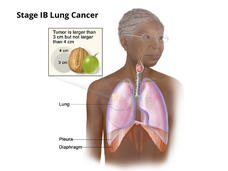July 2023 - Cancer Currents Blog
-
Loss of Y Chromosome in Men Makes Bladder Cancer More Aggressive
In men, loss of the Y chromosome in bladder cancer cells helped tumors evade the immune system and grow unchecked, a new study shows. However, losing the chromosome also appears to make bladder cancer more susceptible to immunotherapy, researchers reported.
-
New on NCI’s Website for July 2023 – Researcher/Trainee Special Edition
An update on new and updated content on NCI’s websites of interest to the cancer community. This edition features resources of interest to cancer researchers and trainees.
-
Some People with Rectal Cancer Can Skip Radiation before Surgery
Radiation may not be needed for people undergoing surgery for rectal cancer, a large clinical trial has shown. A combination of two chemotherapy drugs before surgery appears to be as effective as chemo and radiation and may spare patients from long-term side effects.
-
Three-Drug Regimen Improves Protection against GVHD after Stem Cell Transplant
A large clinical trial has shown that in people with blood cancers, a cyclophosphamide-based regimen better protects against graft-versus-host-disease (GVHD) after an allogeneic stem cell transplant than the standard regimen.
-
Trial Confirms CAR T-Cell Therapy Benefits People with Aggressive Lymphomas
New findings show that the CAR T-cell therapy axicabtagene ciloleucel (Yescarta) improved survival for people with large B-cell lymphoma that was not responding to initial treatment or had quickly relapsed. The new results from the ZUMA-7 trial offer real hope for this group of patients.
-
How Fatty Liver Disease Helps Cancer Thrive in the Liver
When colorectal cancer spreads to the liver, it can be very difficult to treat. Cancer is more likely to invade the liver when patients have fatty liver disease. A recent study places the blame on “message bubbles” called extracellular vesicles that are released by the liver.
-
Lung Cancer Trial of Osimertinib Draws Praise—and Some Criticism
In the ADAURA clinical trial, people with early-stage lung cancer treated with osimertinib (Tagrisso) after surgery lived longer than people treated with a placebo after surgery. Despite some criticisms about its design, the trial is expected to change patient care.




